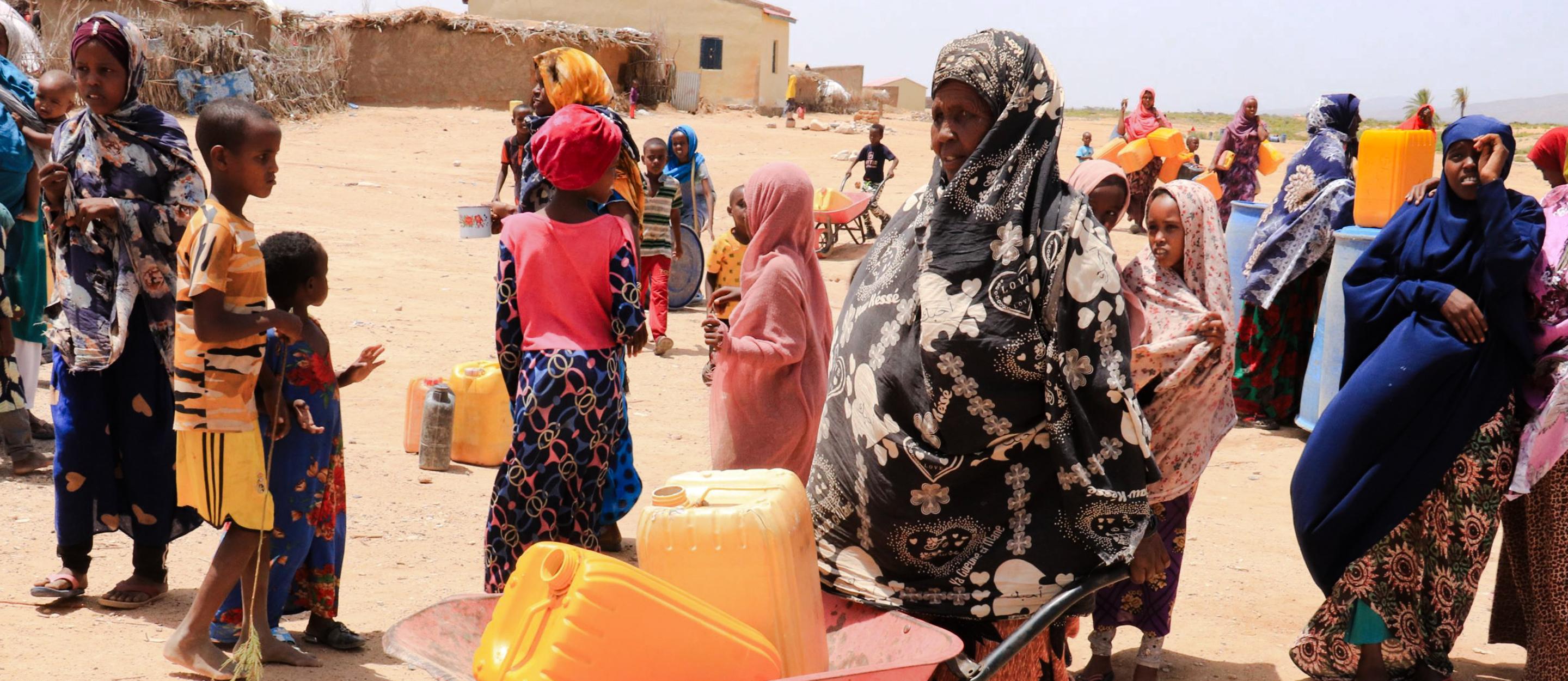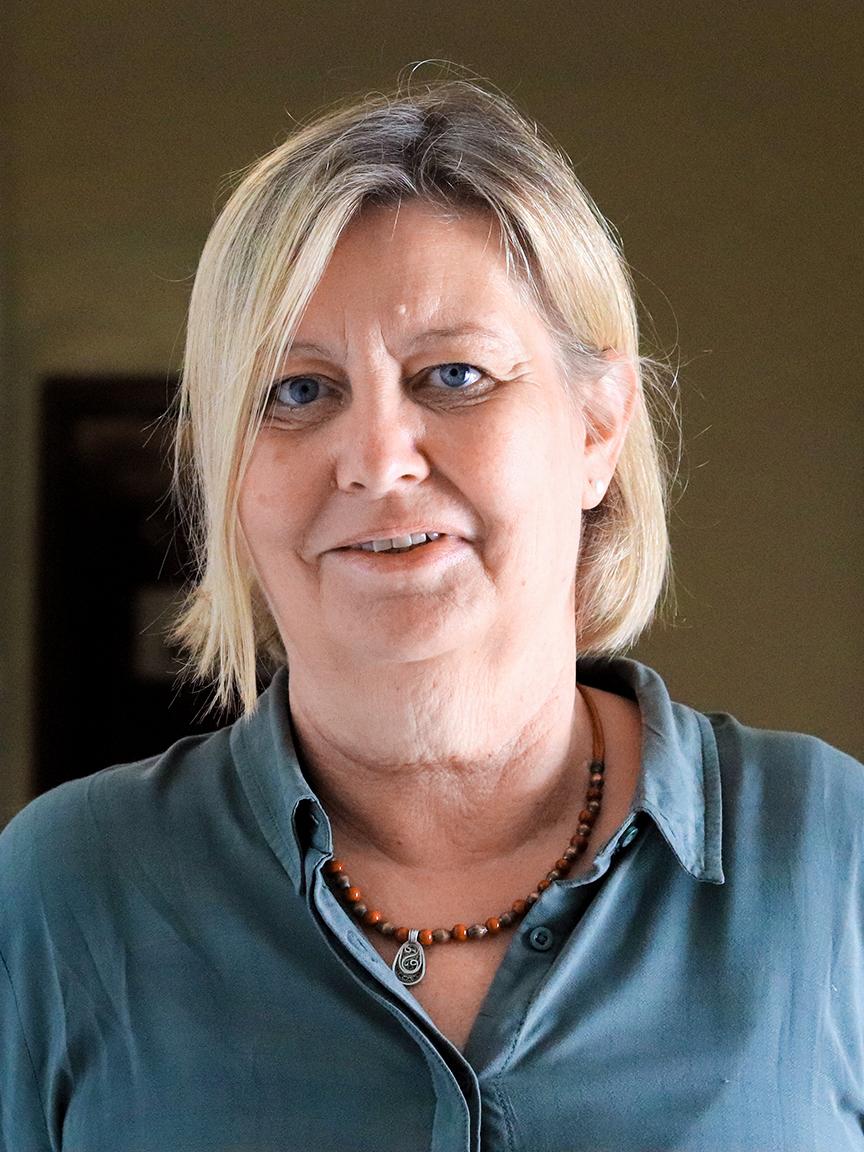
‘Working hand in hand’
Somaliland in the Horn of Africa is a very fragile area. Project Manager Carola von Morstein explains why an integrated approach is the only way to tackle the challenges here.
Ms von Morstein, the people of Somaliland face difficulties from every angle. What are the main challenges?
The biggest challenge is definitely climate change. Its impacts – i.e. more frequent extreme weather events – are particularly tangible here. The countries of the North are the main contributors to global warming, but climate change is also being amplified by human activity in the region. I’m primarily referring here to the extensive deforestation in Somaliland. The trees are being made into charcoal, the sale of which is an important source of income. The money tends to be spent primarily on the consumption of khat, a widely used stimulant drug. The second major challenge is sharp population growth. The country is not able to generate enough food to feed its population even now; it is heavily dependent on imports.
Despite the long droughts in the area, GIZ is supporting agricultural efforts in some new regions within Somaliland. At first glance, this seems to be counterintuitive. Why do you feel it is important?
Almost everyone here keeps animals. Agriculture can be an additional means of survival. The sale of fruit and vegetables can generate additional income, the stems from maize and sorghum are used as animal feed, and cereal crops are eaten by the people themselves. Since the devastating drought in 2017, we have received numerous enquiries from nomadic livestock herders who want to settle. They often move into villages where their distant relatives live and where they are given land. But they have no experience with agriculture. This means there is a huge need for advisory services and training.
What key points need to be considered with regard to agriculture in Somaliland?
It’s important that these areas are sustainably farmed as the soil here is a very precious commodity – less than 10 per cent of it can be used for agricultural purposes. We cannot make these areas any bigger; we can only ensure that they are used as effectively and efficiently as possible. For example, we advise that farmers only use organic fertilisers and pesticides.
How can the population here become more resilient and more able to withstand crises?
We need to take a holistic approach to crises and their consequences which includes combining different areas and creating synergies. For example, we offer TVET courses, particularly in the field of agriculture, to improve young adults’ income. Our agriculture team works hand in hand with colleagues focusing on gender-related topics – none of our measures stand alone. We believe it is important to work on different aspects simultaneously: in the field of food security, improving health care, promoting employment and disaster risk management. We try to share basic knowledge on how to handle future disasters more effectively. This includes droughts and also floods.

Carola von Morstein was a project manager in Somalia from 2016 to August 2023, most recently leading the Improving Disaster Risk Management and Food Security to Strengthen Resilience in Somaliland project.